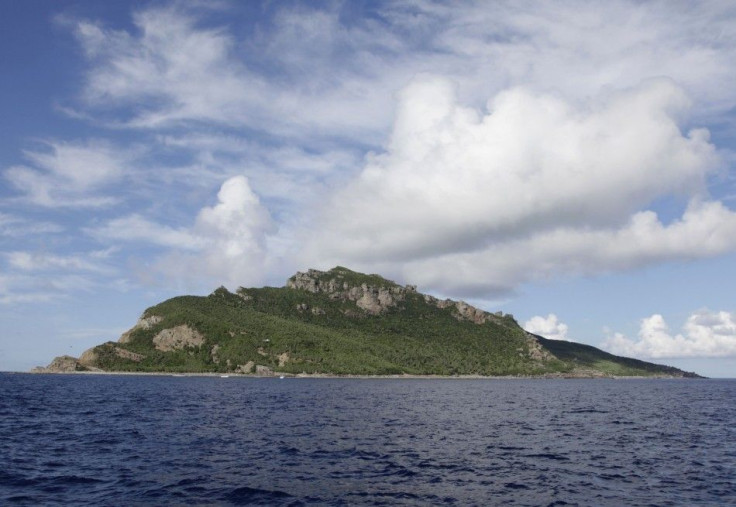Report: Japan Set To Buy Disputed Islands From Current Owner; China Says Deal ‘Invalid’

Japanese government has reached an agreement to buy disputed islands in the East China Sea which are currently under private ownership, Japanese media reported Wednesday.
The deal, covering three of the five main islands in an archipelago called Senkaku in Japanese and Diaoyu in Chinese, is reportedly worth 2.05 billion yen ($26 million). Japanese businessman Kunioki Kurihara owns three of the islands, which he rents out to the Japanese state.
Tokyo Governor Shintaro Ishihara had earlier been trying to raise funds for the Tokyo metropolitan government to buy the islands to avoid the possibility of a rival party, such as the Chinese government, establishing ownership.
Japan's Chief Cabinet Secretary Osamu Fujimura said the government and the owner were negotiating a deal but declined to comment on details of the discussion.
"We are negotiating with the owner while we try to grasp where the situation stands between (the central government) and the Tokyo metropolitan government," Fujimura was quoted saying by the BBC.
Fujimara said an announcement would be made "when we reach a result after completing the process."
Japan's Kyodo news agency and Asahi and Yomiuri newspapers reported that the agreement was reached on Monday while the formal purchase contract will be drawn within this month.
However, since China disregards the Japanese private ownership of the islands, the deal is not expected to radically alter the situation.
Responding to the reports of the Japanese government buying the island rights, China said deal was "illegal and invalid."
"For them to nationalize the Diaoyu islands seriously violates China's sovereignty and hurts the Chinese people's feelings," Foreign Ministry spokesman Hong Lei was quoted saying by the Associated Press.
"I stress again that any of their unilateral acts with the Diaoyu islands are illegal and invalid. China's determination will not change in terms of safeguarding its territory. China is observing the situation and will take necessary measures to defend its sovereignty," Hong said.
Tokyo sent an expert team last weekend to survey the waters surrounding the islands, disregarding the central government's mandate against the team stepping on the disputed soil.
Tensions between the two Asian powers, which have been running for decades, escalated last month when a group of Chinese nationals were photographed hoisting flags on one of the islands on Aug.15, the 67th anniversary of Japan's surrender in World War II.
The Chinese group were arrested by the Japanese authorities and deported to Hong Kong two days later.
Within a few days, a group of Japanese nationalists landed on one of the disputed islands waving the Japanese flag in retaliation.
The incidents set off a new tug-of-war between the two nations, with the Chinese people taking to the streets in the biggest anti-Japan demonstration in seven years, attacking Japanese restaurants and vehicles in Shenzhen and Hangzhou in the eastern province of Zhejiang. Crowds also staged a noisy sit-in at the gates of the Japanese consulate in Guangzhou, burning Japanese flags, during the protests last month.
© Copyright IBTimes 2024. All rights reserved.












